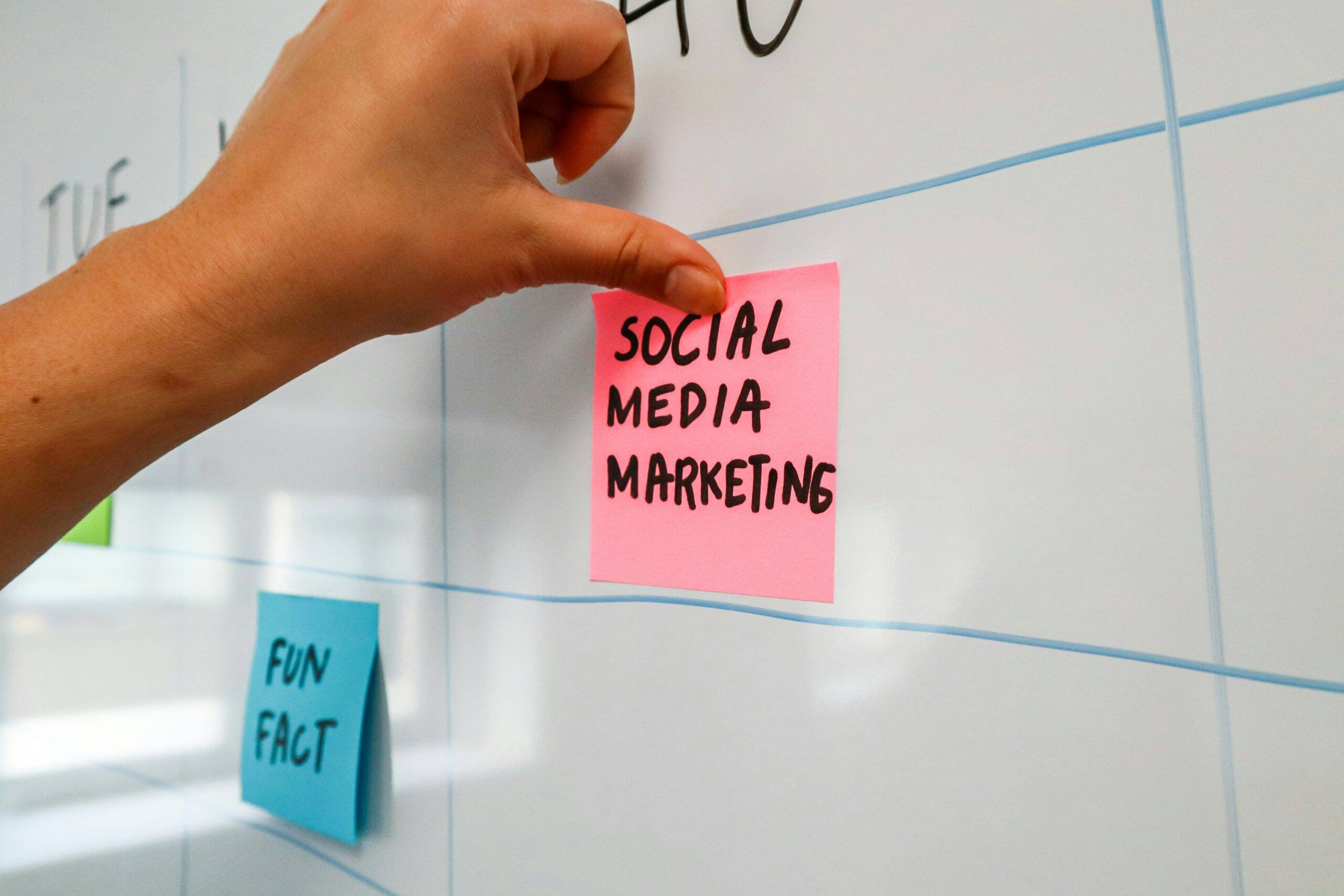
Does proving your point persuade your nonprofit donor?
It turns out not so much.
At least, not unless your donor is already pretty much won over.
Proof (“just the facts, m’am”), absent persuasion (“once upon a time”), won’t get you far.
In “How to Project Manage Your Nonprofit Story,” I delved into the concept of story vs. data in creating compelling nonprofit marketing and fundraising copy. Stories almost always win out, because human beings are wired for stories.
- They want to enter into them.
- They want to become a part of them.
- They want to see themselves, in some way, expressively reflected in the characters, plot and struggle.
In this way, people are emotionally moved. They shed a tear… get a lump in their throats… find themsselves chuckling, smiling or even beaming with a flicker, or a flame, of recognition, appreciation or gratitude. They are taken out of their everyday lives, and moved someplace else where theyre offered a new perspective.
From this shared perspective, people can choose to act. To become part of the story, in a positive way.
To make a difference. To bring joy to sadness… hope to despair… healing to hurt. To bring the happy ending they wish to see.
Alas, when I review nonprofit appeals, the lion’s share do a poor job of making the story the star.
Sure, you may be raising money with your fact-stuffed appeal. But I’ll bet dollars to donuts you could raise a lot more by channeling the persuasive power of a compelling narrative. So, today I want to delve a bit deeper into why stories beat data.
Stories are persuasive, having the power to change audience beliefs and actions.
If you’re familiar with Robert Cialdini, you’ll know about the six key principles of influence and persuasion that help people to act in the face of uncertainty. And we’re all in that state of uncertainty when we receive a fundraising appeal, right? If you look closely, you’ll see these principles are story-based:
Details










 All you’ve got to do is ask!
All you’ve got to do is ask!

